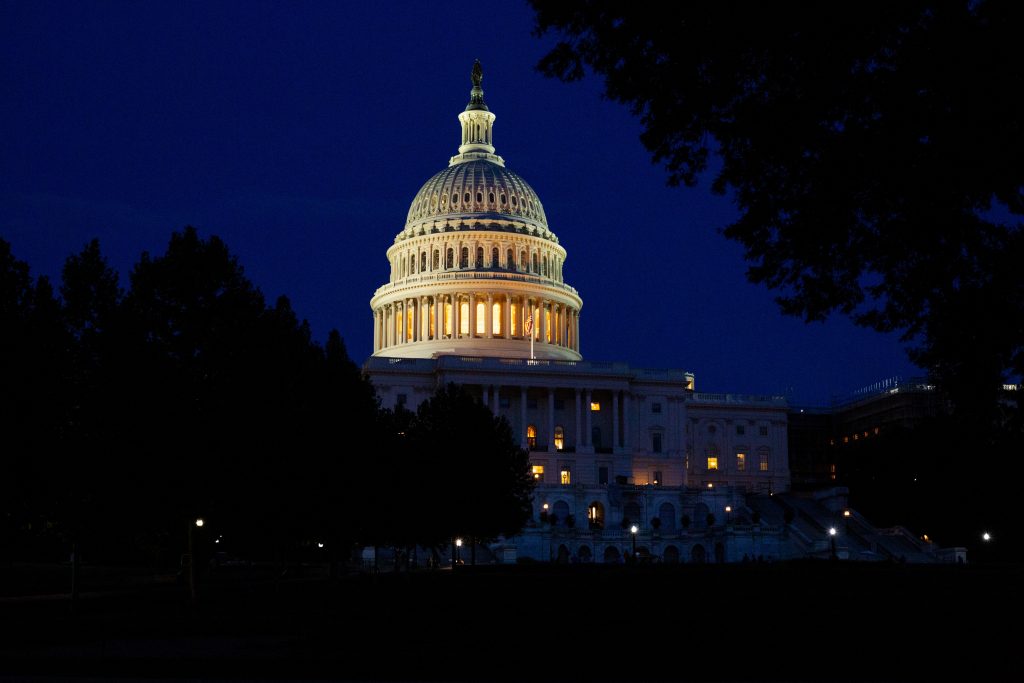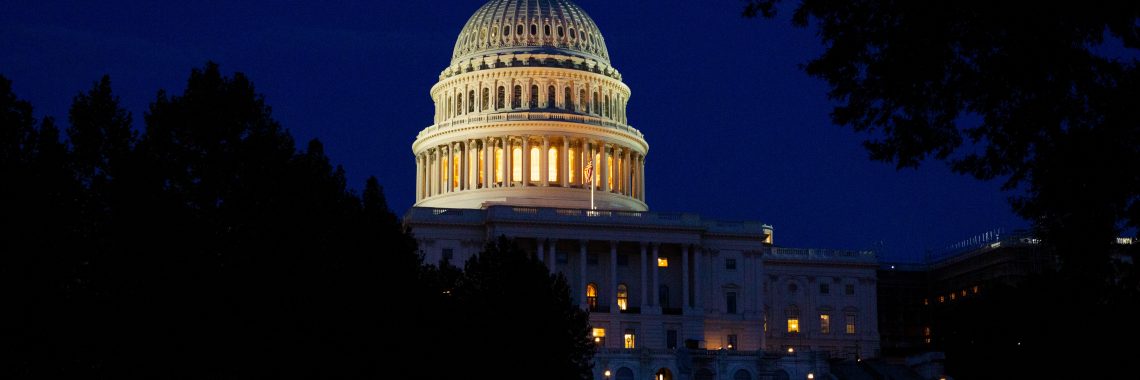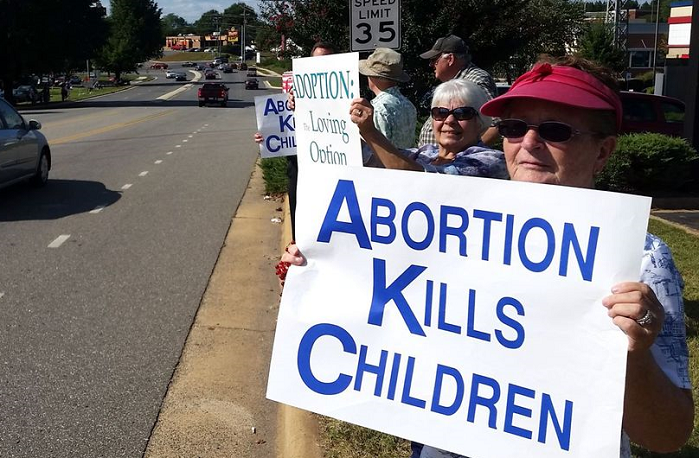Federal Government Gives Faith-Based Organizations, Others $31M for Abstinence Education

Last week the U.S. Department of Health and Human Services Administration for Children and Families office announced it awarded $31.63 million to 79 organizations that will teach sexual-risk avoidance to youth and young adults.
“Our goal is that all young people have access to prevention education services that promote the success sequence of graduating from high school, getting a full-time job and waiting until marriage to have children,” Elizabeth Darling, Commissioner of the Administration on Children, Youth and Families, said in a written statement. “Funding for programs that educate youth on avoiding non-marital sex and other risky behaviors by teaching them to focus their efforts on making healthy decisions and setting goals that lead to self-sufficiency and success in life is critical.”
The federal government awarded the grants under the Title V Competitive Risk Avoidance Education program. The grants are intended to help teach youth personal responsibility, how to avoid risky behaviors, and how to wait until marriage before engaging in sexual activity.
Several faith-based organizations were approved to receive these grants, including First Assembly of God of Victorville, CA; Worship Centre Church in Fowler, CA; Catholic Charities Community Services in Tucson, AZ; University of Denver’s Colorado Seminary; Lutheran Social Services in Washington, D.C.; and others.
We know from experience in Arkansas that teaching abstinence and sexual-risk avoidance to teenagers is the right way to go.
In the 1980s and 1990s, public officials in Arkansas promoted Planned Parenthood-style sex education. The programs failed to have a meaningful impact on teen pregnancy and abortion in Arkansas.
These programs focused on teaching public school students about contraceptive use.
During that time, Arkansas’ teen birth rate remained high, and teenagers were among those most likely to have an abortion.
In 1997 the state switched strategies, promoting abstinence-based sex-education in public schools. The results were nothing short of staggering.
Teen birth rates and teen abortion rates in Arkansas plummeted.
From 1997 to 2003, the teen abortion rate fell by approximately 37%, and the teen birth rate fell by 16%.
Governor Huckabee’s abstinence-based sex education of the late 1990s and early 2000s was more than twice as effective combating teen pregnancy and teen abortion as Governor Clinton’s and Governor Tucker’s contraceptive-based sex-education programs.
In fact, it was so successful that it garnered national attention from other states.
In 2016 — while President Barack Obama was still in office — the federal Center for Disease Control released a 208-page report concluding teenagers who practice abstinence are healthier in nearly every way than teenagers who are sexually active.
The CDC’s report looked at everything from seatbelt and bike helmet use to substance abuse, diet, exercise, and even tanning bed use.
Their conclusion was that sexually-active teens were less healthy and engaged in riskier behavior.
Abstinence doesn’t just prevent pregnancy and sexually transmitted diseases. It is linked to healthier lifestyles overall.
Three decades of data shows that abstinence education like these sexual-risk avoidance programs doesn’t just work; it’s much better than the comprehensive sex-education programs that groups like Planned Parenthood promote.
Read the full press release from the HHS Administration for Children and Families here.




